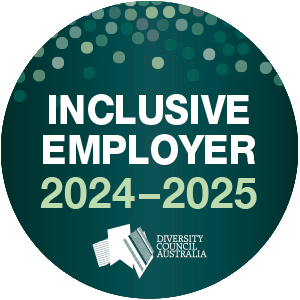2 October 2019
By Phil Barker

There’s a wonderful stillness to country life simply because there are fewer people around than in the city. A car might pass now and then. You may or may not be able to see your closest neighbour’s house in the distance.
Horizons, untroubled by buildings, create big skies and without the constant grumbling of traffic and construction everywhere, the silence can be serene, and almost disturbing, if you’re not used to it.
I know – I grew up in country New Zealand, where, in many places, it is still delightfully 1973.
There can be downsides. If you want a social life you have to drive to town, however far that might be, and meet the same people at the same places.
Simple health services are hard to access. The hospital and GP are a long way away and god forbid you fall off the tractor and break your leg alone, where there’s no mobile coverage.
The isolation can be devastating. There’s often no-one to talk to. Mixed with the stoic country attitude that men don’t talk about their feelings, it can be downright dangerous. Across Australia men are killing themselves at a rate of six a day. In some areas, country men up to six times more likely than urban men to make up that grim statistic.
Understanding of the dangers of family violence, and what constitutes domestic abuse, also lags in the country.
A new study on the perception of violence by young women in the country, Young Country Women’s Perceptions of Intimate Partner Violence, found that young country are not recognising the early signs of violence, like control or verbal abuse.
Dr Catherine Mackenzie, a research fellow at the Australian Alliance for Social Enterprise, which conducted the research, says country women are concerned about confidentiality in tight-knit communities. “They do have concerns … they may know the local domestic violence worker, for example. The worker know they have to maintain confidentiality but the young women may not understand this is the case,” she told the ABC.
The report says formal domestic violence services need to be much more accessible to young women in the country and also that rural youth and domestic violence workers need to improve their understanding of family violence.
Janine Priestly was 18 when she began a relationship with the man who would eventually be locked up for assaulting her.
She lived in the town of Paskeville, on the Yorke Peninsula, with a population of less than 200. “My mum and sister were 130km away. I was 20km from Kadina, so even if I wanted to get help, I couldn’t if he wouldn’t let me drive the car. I was very isolated,” she said.
Janine is divorced and still living on the Yorke Peninsula. Her message to young women is to get out early. “It will never stop, you will never, ever, be good enough in that person’s eyes, but you are good enough … get out of it.
“You don’t deserve to live that life.”
The report lands at a low point in the fight against family violence. Pauline Hanson has been appointed to chair an unnecessary and political review of the family law courts, and almost instantly accused the victims of family violence of lying.
And according to Destroy the Joint is COUNTING DEAD WOMEN, a project recording every death from violence against women, the figure sits at 44 so far in 2019.
In 2018, 71 women were killed, far beyond the chilling and oft-quoted stat of “one woman a week”. In just the past week, five women have been killed by violence. Their names are Helena Broadbent, Trudy Dryer, Selma Ibrahim, Kim Chau and Mhelody Bruno.
No to Violence CEO Jacqui Watt says “young country women face unique material and social barriers when it comes to accessing services, even where those services are available”.
“It is important to ensure the system responds to these needs to keep women and children safe. The same goes for encouraging help-seeking behaviour in men,” she says.
“NTV and our partners need to be equipped to continue to reach these country men and approach their unique situations in the most effective way possible.”
Life in the country can be wonderful. And it can be a whole lot safer for the young women who live there.
If you need help addressing your use of family violence, call the Men’s Referral Service is at 1300 766 491. Lines open 24/7








